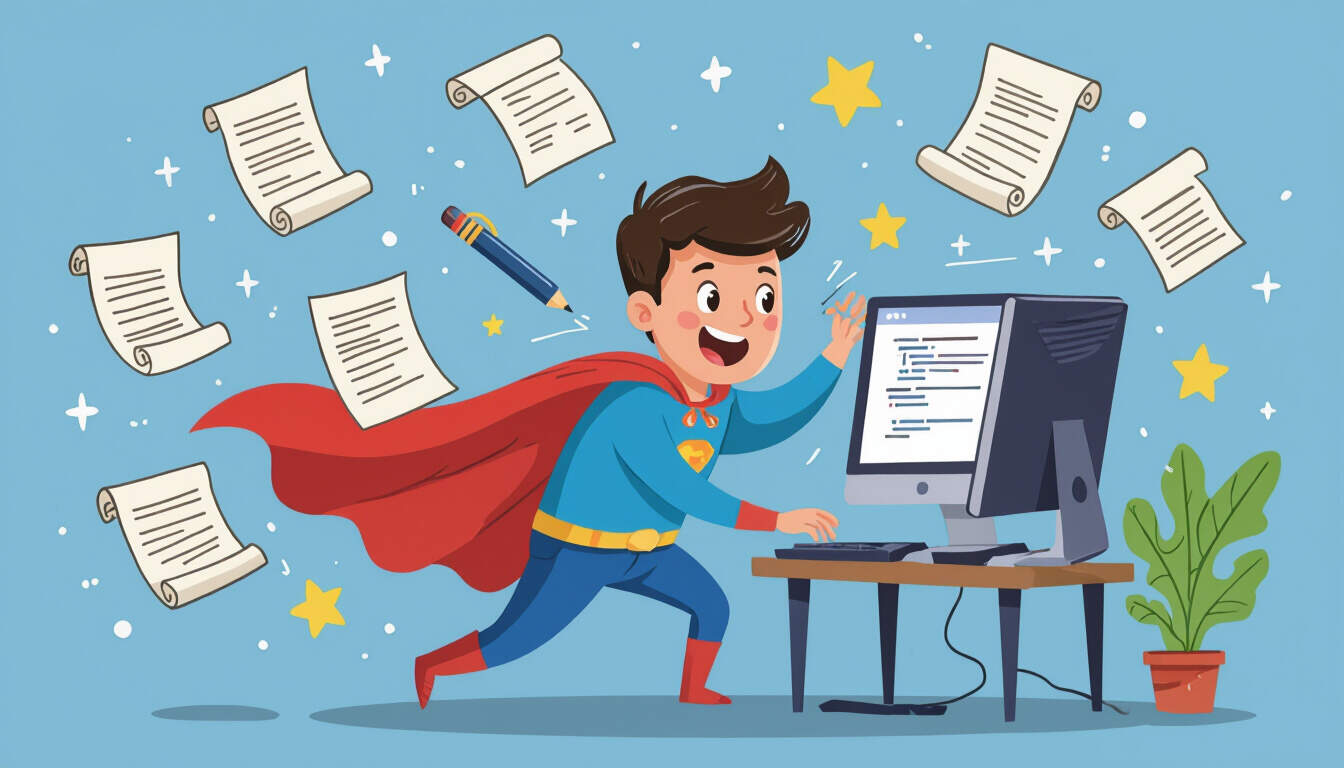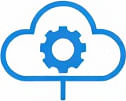Legal Considerations for SaaS Products
 by Thaddeus Blanda
by Thaddeus Blanda
Explore essential legal aspects for solo SaaS developers, including data privacy, user agreements, and compliance strategies. Learn practical steps to protect your business and users while building scalable software.

Solo entrepreneurs in SaaS often focus on coding and features, but overlooking legal elements can lead to risks. Addressing these early ensures a solid foundation for your product. For instance, data privacy is crucial as it protects user information and builds trust.
Why Legal Aspects Matter in SaaS
Ignoring legal requirements can result in fines or lawsuits, especially for solo developers with limited resources. Key areas include protecting user data and creating clear agreements. A common example is how a simple app mishandling personal details led to regulatory scrutiny, highlighting the need for proactive measures.
In SaaS, compliance with laws like GDPR in Europe or CCPA in California is essential. These regulations require handling of personal data with care. For solo builders, starting with a basic understanding helps avoid pitfalls from the outset.
Core Legal Elements to Address
There are several fundamental components every solo SaaS project should cover. First, consider user agreements. These documents outline terms between you and your users, covering aspects like usage rights and limitations.
Another vital area is intellectual property. As a developer, your code and ideas are assets. Registering trademarks or copyrights can safeguard against imitation. Real-world scenarios show how unprotected IP has caused disputes for small businesses.
Data security is also critical. Implementing measures to prevent breaches not only meets legal standards but also maintains user confidence. For example, encrypting data at rest and in transit is a standard practice that many successful solo SaaS tools adopt.
Step-by-Step Guide to Building Legal Compliance
Follow these steps to integrate legal considerations into your SaaS development process:
-
Assess Your Data Handling: Review what user data your SaaS collects. Determine if it includes sensitive information and identify applicable laws based on your user base.
-
Create Essential Documents: Draft a privacy policy and terms of service. Use templates from reliable sources, then customize them to fit your needs.
-
Implement Security Practices: Add features like two-factor authentication and regular audits. This ensures your product aligns with security expectations.
-
Test for Compliance: Before launch, conduct internal reviews or use free tools to check for potential issues. Gather feedback from beta users to refine your approach.
-
Seek Advice When Needed: While solo developers handle much themselves, consulting a legal expert for complex matters can provide clarity and prevent errors.
Real-World Examples and Lessons
Consider a solo developer who built a productivity app. They faced challenges when users from different regions raised concerns about data privacy. By updating their policy and adding consent mechanisms, the developer turned the situation into an opportunity for better user relations.
In another case, a SaaS tool for freelancers neglected clear user agreements, leading to confusion over subscription cancellations. Revising the agreements with precise language resolved the issues and improved retention.
These examples illustrate how addressing legal factors early can enhance your product's reliability. Solo entrepreneurs who prioritize this often see long-term benefits in user satisfaction and business stability.
Maintaining Ongoing Compliance
As your SaaS evolves, so do legal requirements. Regular updates to your policies keep pace with changes in laws. For instance, monitoring updates to privacy regulations ensures your product remains compliant.
Building a habit of documentation helps. Keep records of changes and user communications to demonstrate good practices if questions arise. This approach not only protects your business but also fosters a professional image.
In summary, integrating legal considerations into your solo SaaS architecture is key to sustainable success. By focusing on essentials like user agreements and data security, you can create a product that is both innovative and responsible.
